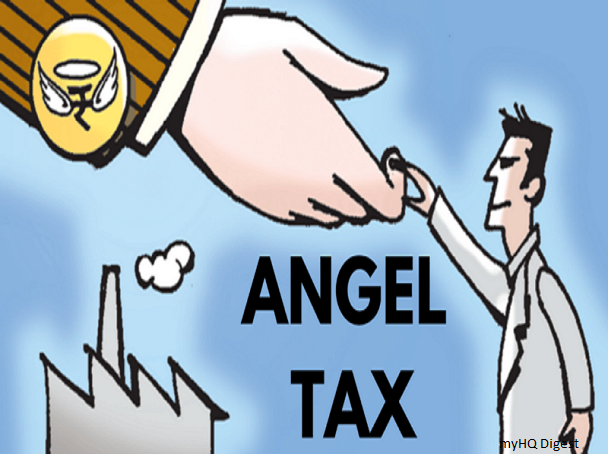
Angel Tax: Is it helping startups at all?

Angel tax been making headlines quite often these days. But is it at all solving the problem of helping startups?
Let’s find out!
In the recent times, several startups have been receiving income tax notices on the angel funding they secured few years ago. In reply to this, the Government said that no compulsive action will be taken to revive the demand.
We tried to simplify the upcoming scenario concerning 'Angel Tax' for our readers. Let us begin with its definition.
What Exactly is Angel Tax?
Angel Tax is used to refer to the income tax payable on capital that is raised by unlisted companies through issues of shares. This is where share price is seen in excess of the fair market value of the shares sold.
Angel tax was introduced in 2012, by the then Union finance minister Pranab Mukherjee.
Latest Issue with Angel Tax and role of the Government
Data states that at least 80 startups have received tax notices to pay angel tax since the last year. Many founders have been asked to pay around 30 percent of their funding as tax.
On the other hand, angel investors have also received multiple notices that asked them to furnish details on their source of income, bank statements and other financial data.
The government has said no coercive action will be taken to recover the demand.
Recent Scenario
The Government is looking forward to further easing the simplified framework that will allow startups to seek exemption from angel tax. This initiative is to address concerns that entrepreneurs and other shareholders have raised.
DIPP Secretary, Ramesh Abhishek, told ET, “We will keep improving it based on more feedback. We have called for a meeting of stakeholders in the first week of February, to discuss all issues of policy and implementation. We can make more changes after that.”
Angel Investors' POV
Now, angel investors are eligible for tax exemption, they should have a declared income of INR. 50 lakh or more in the financial year preceding year of investment “and” net worth exceeding Rs. 2 crore.
Angel investors want this to be replaced by an “or”, since “and” restricts the scheme’s availability. They also want the income and net worth by 50 percent.
Has the Industry Raised the Valuation of Startups?
The share issued to an investor has to be valued to decide whether the price is in excess of fair value. The industry has demanded that the discounted cash flow (DCF) method of valuation to be used to calculate Angel Tax.
The valuation of a startup is usually based on negotiation between the company and the investor. However, many companies cannot perform as per their financial projection.
“Instead of fulfilling both criteria of income and net worth, they should follow the global model of fulfilling either criteria and lowering the threshold to Rs 25 lakh of income or a net worth of Rs 1 crore”, says Siddharth Pai.
Though the Government has come up with several exemptions, yet very little has been done to comfort the startups. A lot of investors feel such artificial distinctions create an uneven playing field in the market, and the fundamental issues with respect to rationale, application and impact of this tax on the startup ecosystem has not been considered.
With excerpts from ET and The Quint









